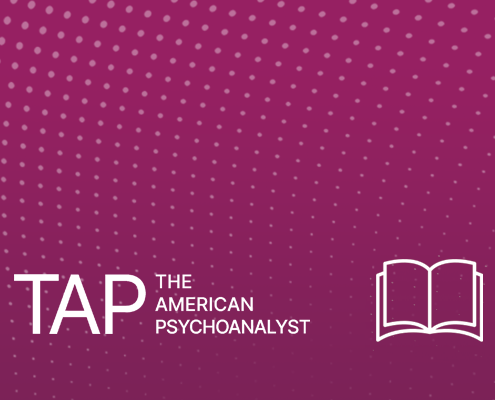Description: Three esteemed psychoanalysts will discuss a case presented by a fourth-year candidate, each from their distinctive theoretical orientation. This stimulating panel presentation will provide a glimpse into the spectrum of psychoanalytic approaches and their convergences and divergences. Following the presentations, a moderated discussion will encourage the exchange of ideas and perspectives.
Bio: Charles M. Cutler, Ph.D., has a clinical psychology practice that involves working with adults, seniors, and adolescents. Based in La Jolla, California, he works with individuals, couples and families who present with a wide variety of clinical problems. Problems may be acute or chronic, and Dr. Cutler will tailor the treatment to each situation. Dr. Cutler is a psychologist and psychoanalyst with advanced training. He is a faculty member of the San Diego Psychoanalytic Center where he teaches and supervises psychiatrists, psychologists, and social workers.
Alan Sugarman, Ph.D. is a licensed clinical psychologist, practicing in Solana Beach. He provides psychotherapy and psychoanalysis to children, adolescents, and adults, and works with parents on parenting issues. He is also a Clinical Professor of Psychiatry at the University of California, San Diego. Before coming to San Diego Dr. Sugarman was a postdoctoral fellow at the Menninger Foundation and a faculty member of the Yale University Department of Psychiatry where he was the Chief Psychologist at the Yale Psychiatric Institute. Dr. Sugarman has almost 90 professional publications and is a frequently invited speaker and teacher at local, national, and international psychoanalytic institutes, organizations, and conferences.
Richard Tuch, M.D. believes strongly in the value of talking treatments and the thrust of his practice is seeing patients in individual psychotherapy and psychoanalysis. Dr. Tuch believes in fashioning treatments that are custom tailored to the unique needs of each individual he sees. He maintains an active interest in, and has published papers that explore the factors that make psychotherapy effective. Dr. Tuch capitalizes on his classical training in psychoanalysis by fashioning modern treatments that address the underlying factors that keep individuals from maximizing their potential. Dr. Tuch’s approach to treatment takes into consideration current thinking about such topics as attachment theory, mentalization, and the “relational approach” to treatment. He sees value in helping people understand why they do the things they do: why they repeat self-defeating behaviors, how they keep themselves from achieving what they’d like to achieve, and what keeps them from becoming the person they’d like to become.




